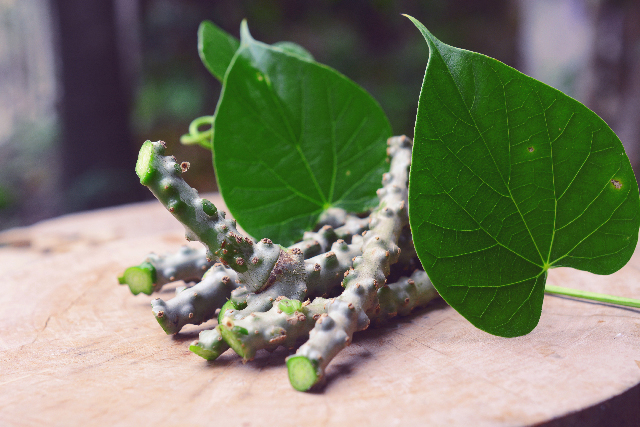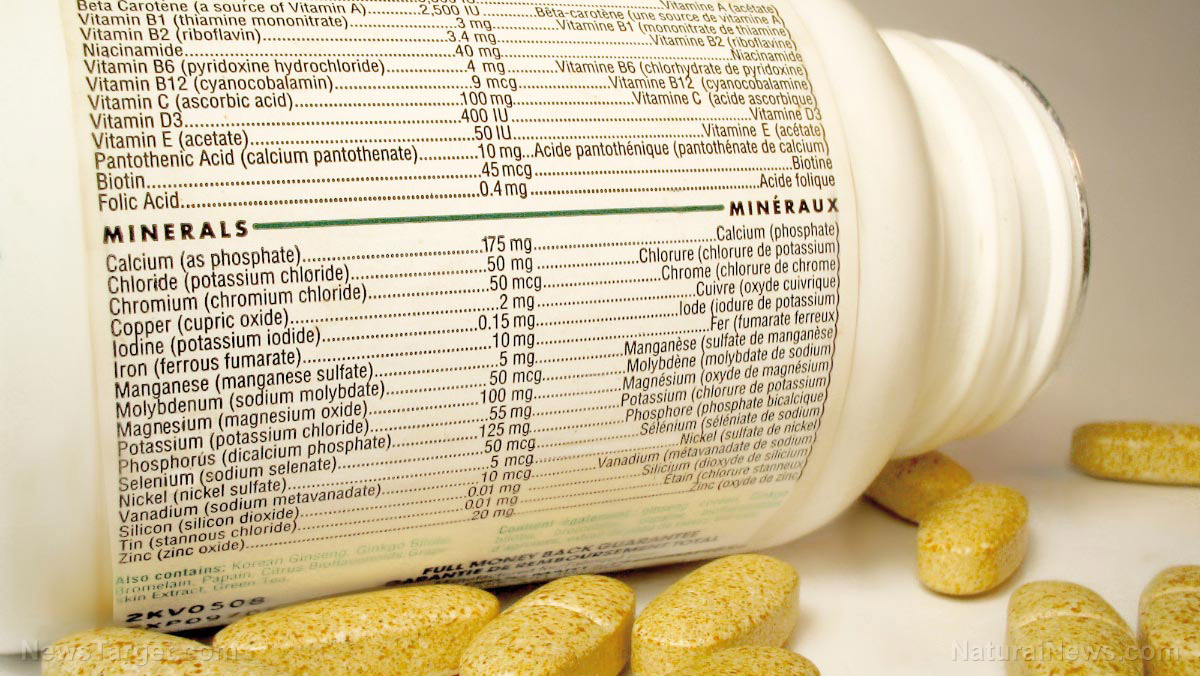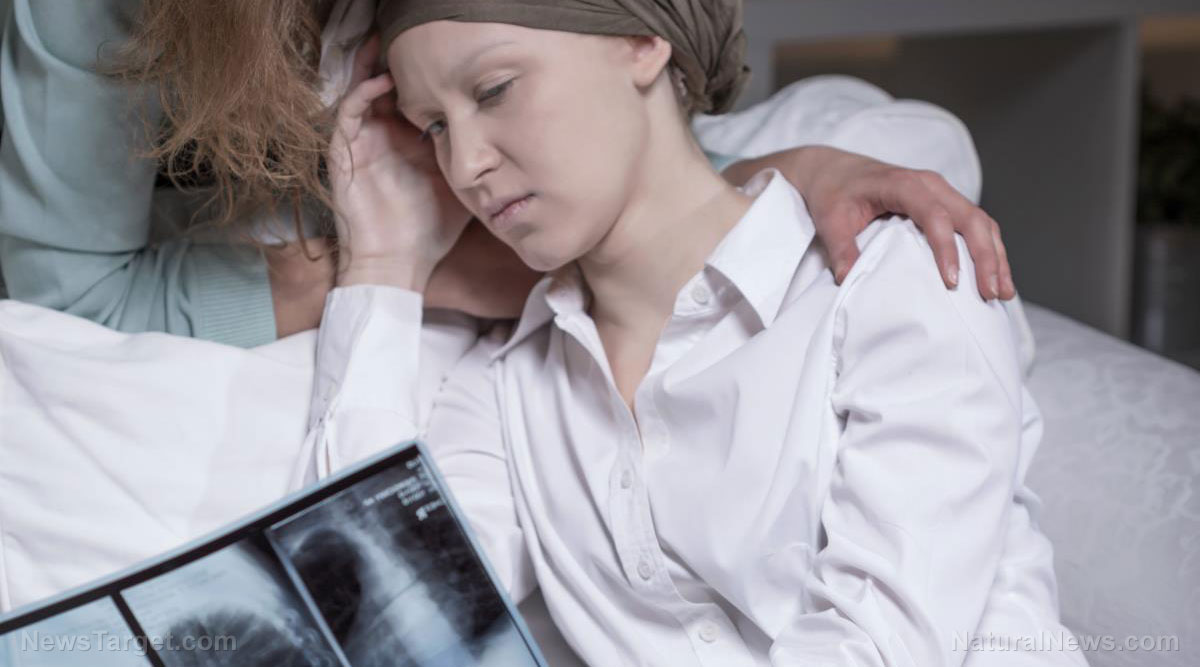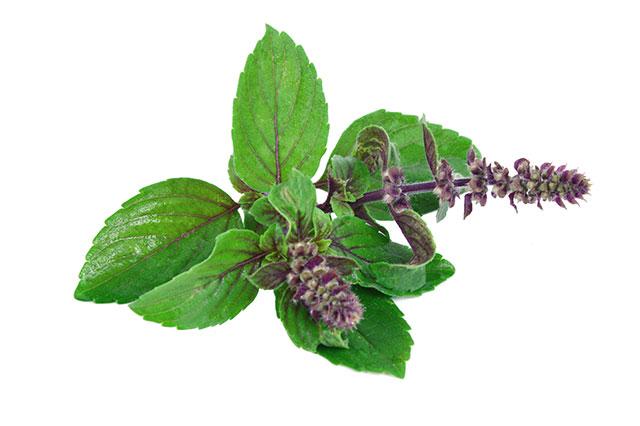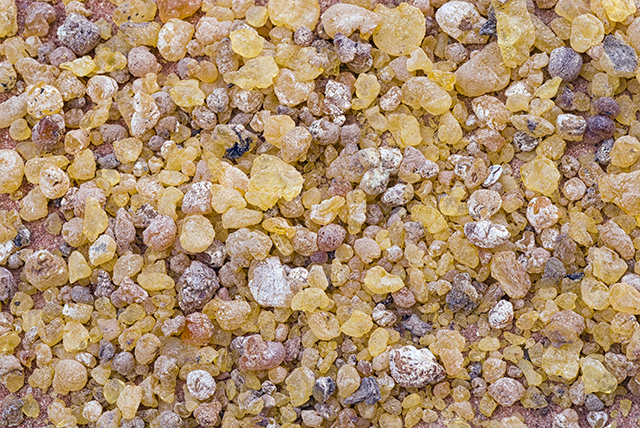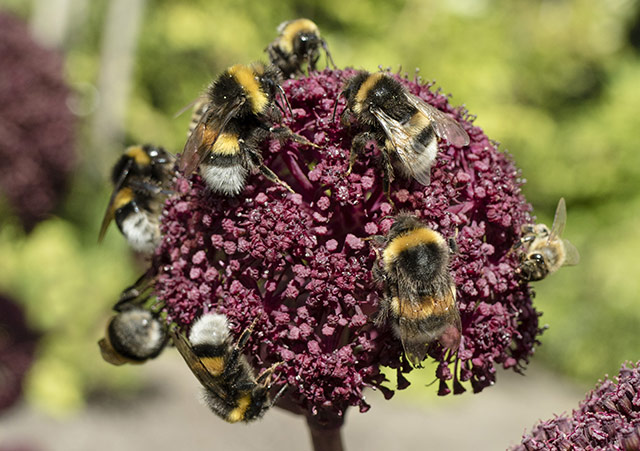Breastfeeding found to reduce breast cancer risk
08/12/2017 / By Russel Davis
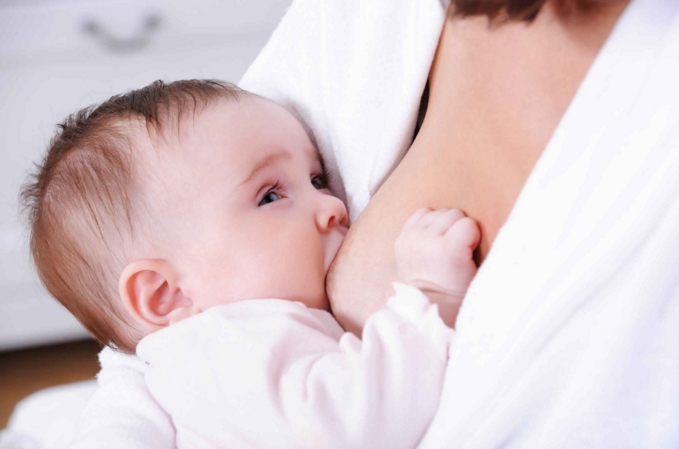
A recent analysis carried out by researchers at the American Institute for Cancer Research (AICR) and the World Cancer Research Fund confirmed that breastfeeding may help reduce the odds of developing breast cancer. As part of the review, the research team examined 18 studies that assessed the effects of breastfeeding on cancer risk. Thirteen of these studies looked at the correlation between the length of time spent lactating and the likelihood of breast cancer onset.
The health experts found that for every five months a woman breastfeeds, her chances of developing breast cancer drops by two percent. The research team also noted that carrying excess weight after menopause may raise the odds of breast cancer onset. However, this risk could be mitigated while women are still able to conceive, the research team added.
In addition, the scientists discovered that alcohol intake elevates the risk of breast cancer onset in both pre- and postmenopausal women. However, exercise appeared to reduce the risk in both population, the researchers said. Babies who were breastfed also had lower odds of gaining excess weight later in life, the scientists added. Study author Alice Bender from the AICR noted that while it is not always possible for women to breastfeed, those who can should bear in mind the activity’s protective benefits against the disease. (Related: Breastfeeding Significantly Lowers Breast Cancer Risk.)
The American Academy of Pediatrics recommend exclusive breastfeeding for about six months.
Breastfeeding curbs breast cancer risk in previous studies
The recent findings were reflective of previous studies demonstrating the beneficial effects of breastfeeding on women’s health. For instance, a study published in 2015 revealed that breastfeeding may reduce the risk of breast cancer recurrence and subsequent death by 30 percent. The researchers also noted that women who breastfed for more than six months had significantly lower odds of developing the disease.
“We found in this study of over 1,600 women with breast cancer that those who previously breast-fed had a 30 percent overall decreased risk of their breast cancer recurring. We also found those who previously breast-fed had a 28 percent reduced risk of dying from their breast cancer. If a woman breast-feeds, she reduces her risk of developing breast cancer by about five percent to 10 percent, although other factors come into play. We think this is one of the first [studies] to examine the role of breast-feeding and breast cancer outcomes — prognosis and survival. Overall, our study confirms that breast-feeding is not only good for the baby, but has potential health benefits for the mom,” study leader Marilyn Kwan told CBSNews.com.
Another study published in 2013 revealed that women who breastfed were less likely to develop the disease compared with those who did not. As part of the study, a team of researchers at the University of Granada in Spain examined medical records of more than 500 women. The scientists found that women who did not breastfeed were at an increased risk of developing breast cancer 10 years earlier than those who breastfed.
In contrast, women who breastfed for more than six had an average life-expectancy gain of 10 years more compared with non-breastfeeding mothers. However, the research team also found that smoking may render the benefits of breastfeeding worthless. According to the research team, female smokers regardless of their smoking status develop the disease earlier and gain no benefits from extended breastfeeding duration.
“Breastfeeding for periods of over six months not only provides children with numerous health benefits, but also protects the mother from serious diseases such as breast cancer. Breastfeeding is a potential ally in the fight against breast tumors,” the researchers wrote on the Medical News Today website.
Sources include:
Tagged Under: breast cancer, breastfeeding, cancer, Medicine, newborns, prevention, women's health


